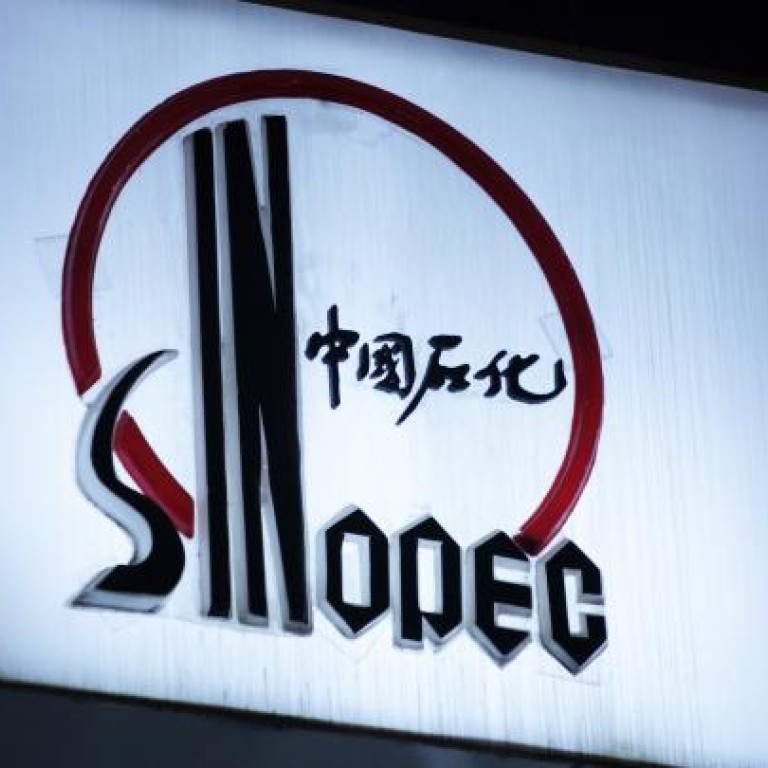
Sinopec's share issuance puts faithful investors at disadvantage
Shareholders' rights and interests often take a back seat in Hong Kong. And so it proved to be again when state-owned oil giant Sinopec shocked the market by offering to sell HK$24 billion worth of new shares to a handful of privileged investors at a steep discount.
Shareholders' rights and interests often take a back seat in Hong Kong. And so it proved to be again when state-owned oil giant Sinopec shocked the market by offering to sell HK$24 billion worth of new shares to a handful of privileged investors at a steep discount.
The H shares are being sold at HK$8.45 each, which is almost a 10 per cent discount to the stock's recent high. The world's second-largest oil refiner by capacity would not disclose who the lucky few were. The existing shareholders are left to lick their wounds - the stock's price promptly fell 6.4 per cent because of the expected dilution of ownership. Analysts believe the money raised is needed to fund the acquisition of oil assets as Sinopec refocuses on upstream production rather than the lower-margin downstream refinery business, which has been dragged down by price controls in China.
Critics have pointed to two features of the share placement that are deeply unfair to existing shareholders. The first is the dilution. It would be much fairer to give current shareholders the option to take part in the fundraising exercise via a rights issue. HSBC did just that during the height of the financial crisis in 2009. It subsequently proved to be a popular and lucrative exercise for those who took part.
The beleaguered clothing chain Esprit also did a rights issue recently. In such cases, even existing shareholders who chose not to participate could sell their options to help ease the pain of their shares' dilution. But of course, it's much easier for a company to raise funds by approaching a handful of wealthy investors and asking them to buy new shares at a discount.
This brings us to the second criticism. Compared to some other large companies, Sinopec's discount is steep. AIA, Industrial and Commercial Bank of China, Kunlun Energy and CNOOC offered just 3 to 7.6 per cent discounts with their big sales. Analysts believe making new production acquisitions is a good move and may ultimately raise shareholder value. But it must not have looked that way to those who watched the value of their holdings plummet.
